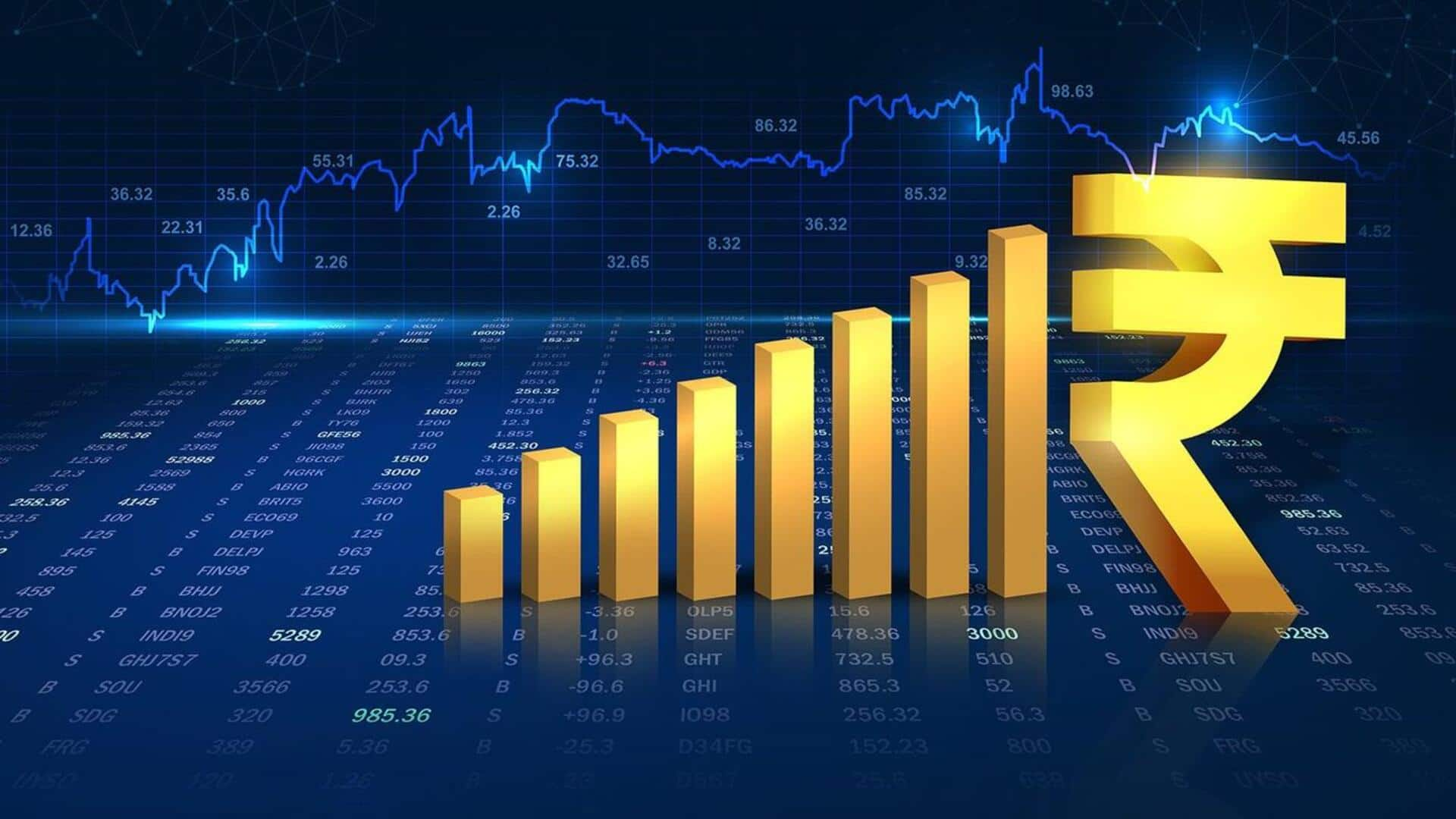
GST 2.0: India's GDP growth forecast raised to 6.7%
What's the story
Ernst & Young (EY) has revised its projection for India's real Gross Domestic Product (GDP) growth in the fiscal year 2025-26 (FY26). The new estimate stands at 6.7%, slightly up from the previous estimate of 6.5%. The revision comes in light of recent Goods and Services Tax (GST) reforms, which are expected to boost domestic demand and ease household budgets by consolidating tax rates.
Economic boost
Monetary easing and GST reforms to drive growth
The latest edition of EY's Economy Watch highlights the expected monetary easing and stronger domestic demand from GST 2.0 reforms. Despite global headwinds affecting exports, these changes are likely to have a positive impact on India's economy. DK Srivastava, Chief Policy Advisor at EY India, emphasized that "GST 2.0 reforms boosting disposable incomes and domestic demand" will help sustain India's growth momentum in FY26.
Rate consolidation
Sectors likely to benefit from revised GST structure
The revised GST structure has two tax slabs of 5% and 18%, with a special rate of 40%. The previous categories of 12% and 28% have been removed. EY predicts that these changes will lower prices in labor-intensive sectors such as textiles, consumer electronics, automobiles, healthcare services, and food items. Agriculture-linked industries like fertilizers/agri-machinery/renewable energy are also likely to benefit from reduced input costs under the new regime.
Strategic focus
Export risks due to tariff uncertainties, supply chain disruptions
EY's report highlights tariff uncertainties and supply chain disruptions as potential risks to India's export prospects. The country is heavily reliant on the US and China for both exports and imports, making it essential to engage more with BRICS+ economies. Policymakers have set a target of $500 billion in bilateral trade with the US by 2030, equally split between exports and imports.
Growth outlook
India's growth outlook remains resilient
To meet the bilateral trade target with the US, annual growth of nearly 20% will be required in key areas such as services exports and imports of crude oil/natural gas/defense goods. EY's report suggests that scaling service exports will depend on increased investment in AI-driven technologies. Despite global challenges, India's growth outlook remains resilient due to GST-led domestic stimulus, expected monetary easing, and opportunities to reshape trade ties.